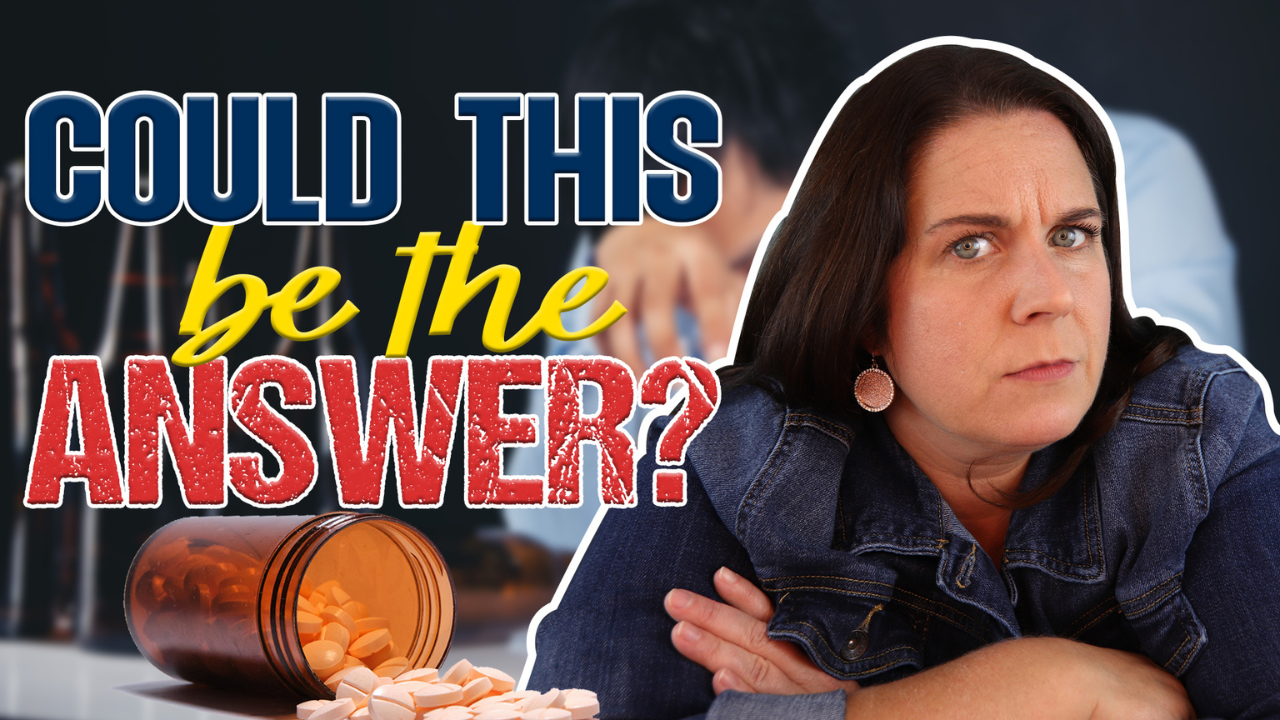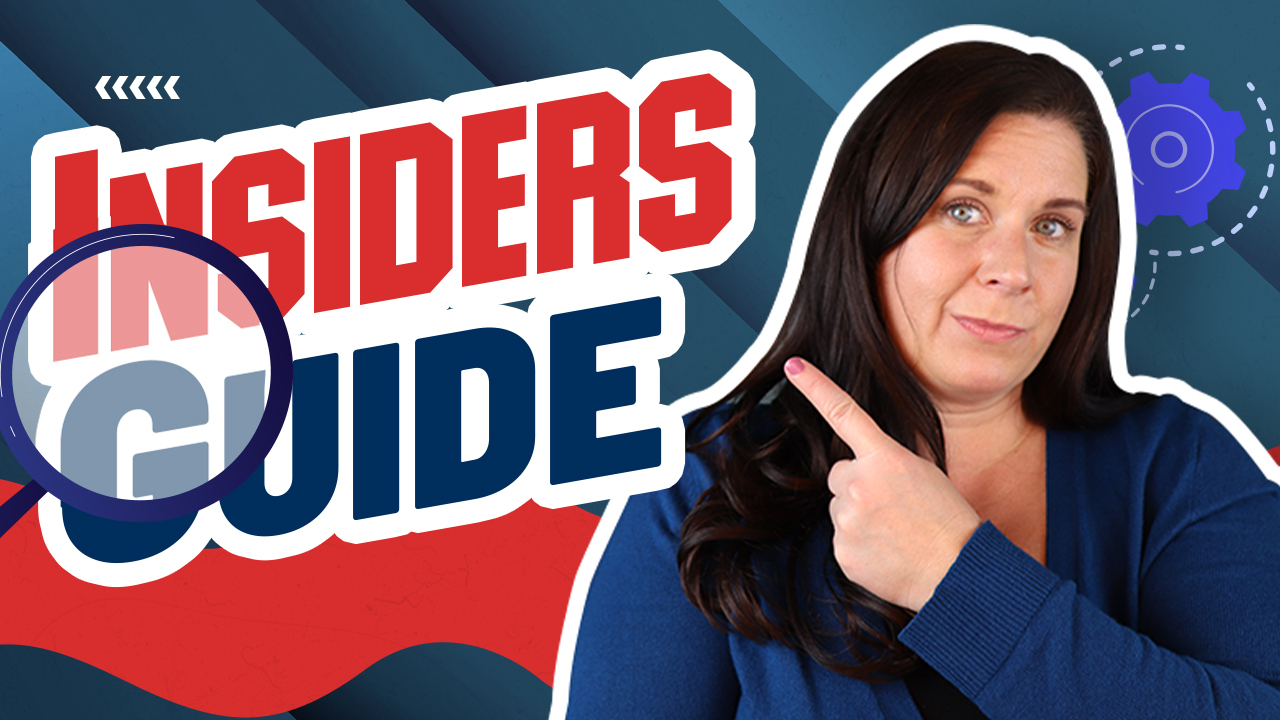Is Vivitrol (aka Naltrexone) the solution to alcoholism and Opioid Addiction?
Can you treat alcoholism with a pill, and what about opiate addiction? The answer to that is kind of, and if you want to find out how all that works, you're in the right place.
Pills vs. Injection
Naltrexone comes in two forms. You can take it in medicine form like a pill or take it in a once-a-month injection, and there are pros and cons to doing it either way.
The pros of taking it in pill form are that it's a lot easier to get it that way and a lot less money. The once-a-month injections are kind of obvious. It's only once a month, and there's no remembering to do it. It is a little more difficult to get your hands on. A prescription is needed and ships from a pharmacy in Florida, but it's doable.
How Does Naltrexone Help Opioid Addiction?
It binds to endorphin receptors in your brain, which essentially blocks receptors. These are the same receptors an opioid acts on, like a pain pill or heroin. If you're taking Naltrexone or Vivitrol and you use pain pills or heroin, it will block the effects of that drug. You can't get high from that drug when you're on Naltrexone or Vivitrol.
It's used sort of like a deterrent because if you're not going to get high, it's not going to do anything to you. You're not going to waste your money on it because anybody who knows anything about opioid addiction knows it is expensive.
I think it helps because, especially if you do them once a month injection, you only have to make that decision once a month. You have to decide to be clean and sober once a month, you don't have to make that decision 450,000 times a day. In my mind, it can make staying sober from pain pills and heroin much easier.
Risk of taking Vivitrol for Opioid Addiction
There are some cons to taking Naltrexone or Vivitrol for opioid addiction.
Our research shows a slightly increased risk of overdose associated with this medicine. Before you freak out, let me tell you why. It's not because the medication itself overdoses you. It's because a lot of people when they finally come off the medication or stop getting their Vivitrol and Naltrexone, go back out and use, but they use the same amount that they used before they ever started taking it.
They're not taking into consideration their tolerance.
That being said, I'm not a doctor. I can't prescribe medication. I can't tell you what to take and what not to take. What I can tell you is I have had many clients use this and opioid addiction pretty successfully. But you have to be in a situation where you're trying to fix this. If you're in that situation, then talk to your doctor about it. It might be a good option for you.
How can Naltrexone Help with Alcoholism?
In the case of alcoholism, it is slightly more complicated. Alcohol acts on five neurotransmitters in your brain, and endorphins are only one of those neurotransmitters. In the other incidents, what it does is block the endorphins. If you take this medication and drink alcohol, it will partially block the effects of the alcohol. The clients I have had on this medication will say, "it makes it less fun than it used to be."
One of two things can happen if you're trying to go that route, you're either going to think I'm just not trying hard enough and drink a lot more because you want to feel the way you want to feel.
In that case, medication is not very helpful, or you're going to think, man, this isn't that much fun anymore, and you might drink less. A lot of people use this medication to help prevent binge drinking.
The Sinclair Method
There is a recovery model built around taking Naltrexone for alcoholism, called the Sinclair method. In this method, people take medicine before they drink. Here's the link to hear how I feel about the Sinclair Method.
Amber Hollingsworth
Watch this video next
📑Access our FREE Family Recovery Resources


